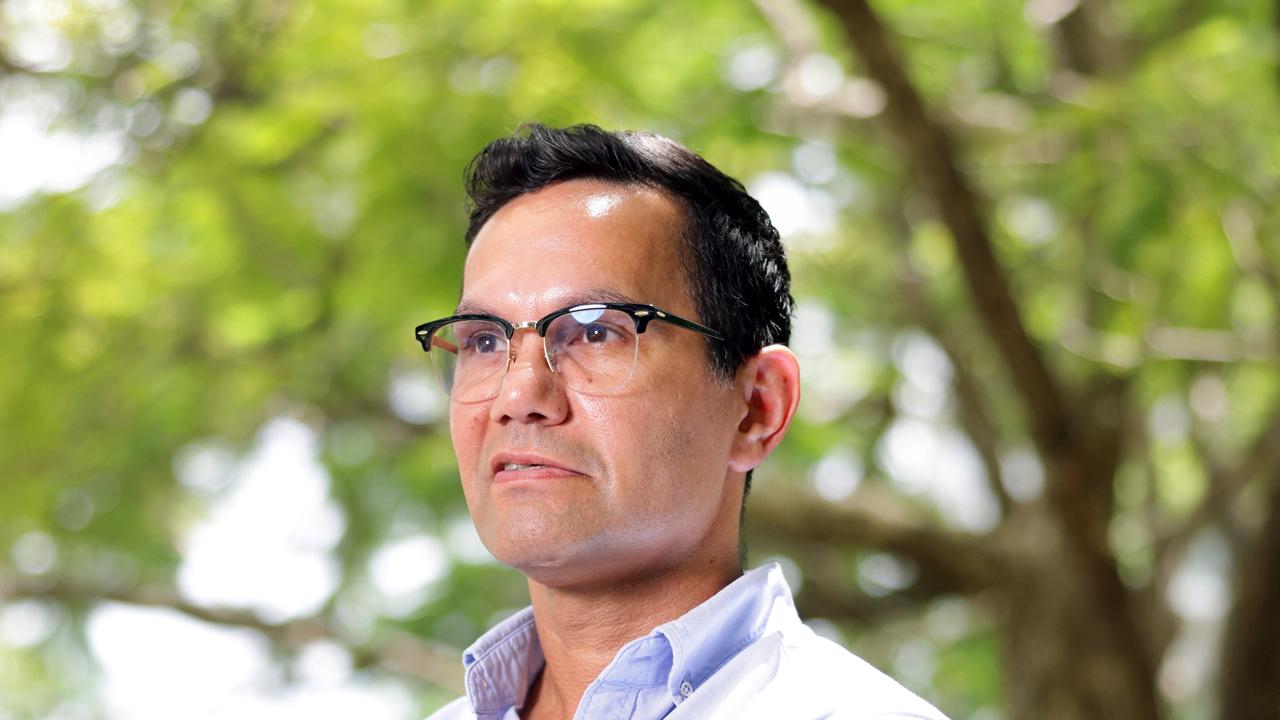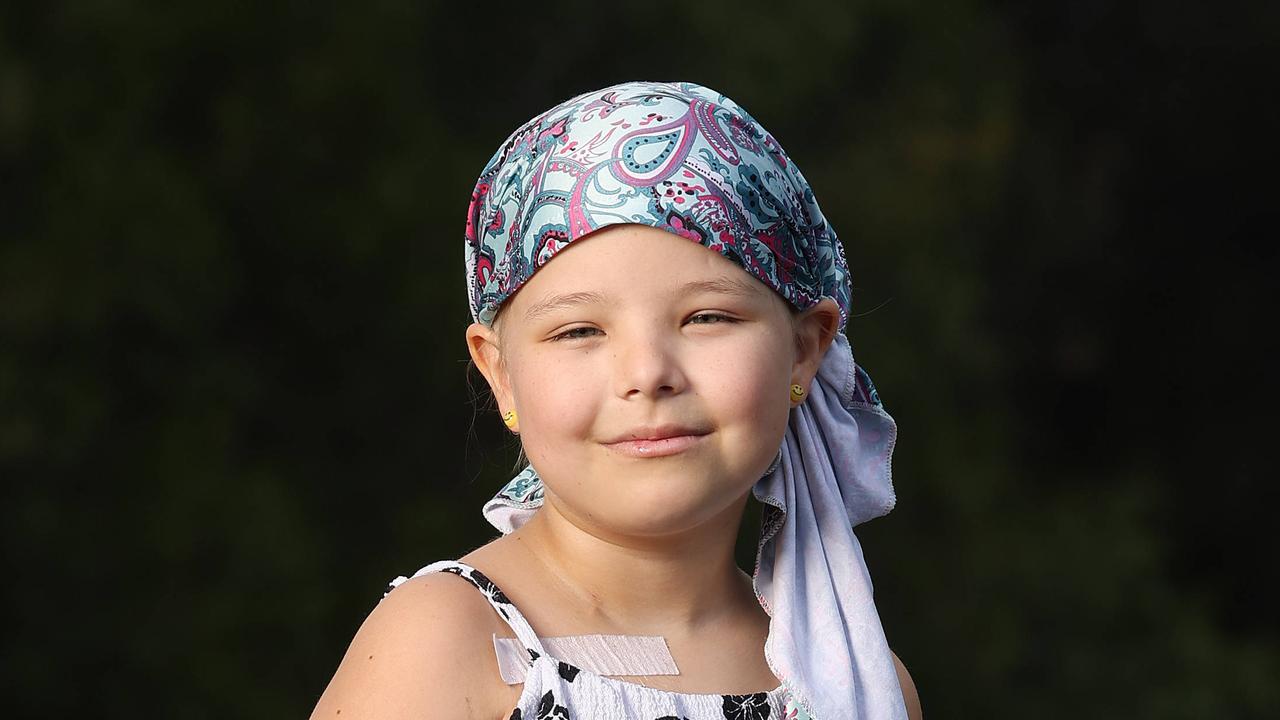Pregnant women testing new vaccine aimed at protecting their babies from ‘devastating’ virus
A Queensland clinical trial in pregnant women has begun to test the effectiveness of an overseas-developed vaccine aimed at protecting babies from a common, potentially deadly respiratory virus.
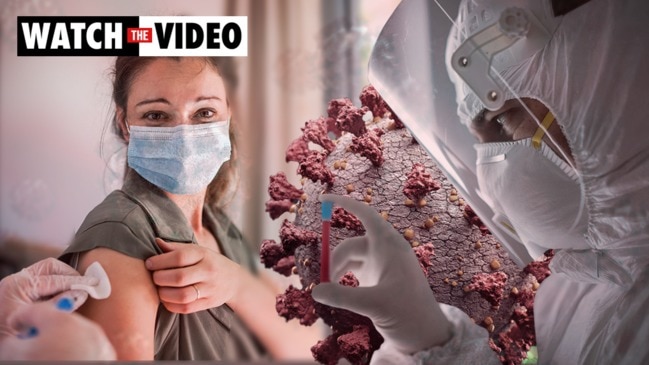
QLD News
Don't miss out on the headlines from QLD News. Followed categories will be added to My News.
PREGNANT women in Queensland are being recruited for a trial of a vaccine aimed at protecting their babies from a common, potentially deadly respiratory virus.
Mater Research will investigate the effectiveness of the overseas-developed vaccine against respiratory syncytial virus, or RSV, in up to 100 expectant Queensland women in their second and third trimesters.
Maternal foetal medicine specialist Glenn Gardener, who will lead the trial with infectious diseases physician Paul Griffin, said RSV could be “devastating” in young children.
“Unfortunately, children in Queensland do die from RSV,” Dr Gardener said.
PREGNANT MUM’S LIFE OR DEATH DECISION AND HER WORLD-FIRST SURGERY
TEEN CANCER PATIENT’S 3D IMPLANT DESIGNED TO GROW NEW BONE
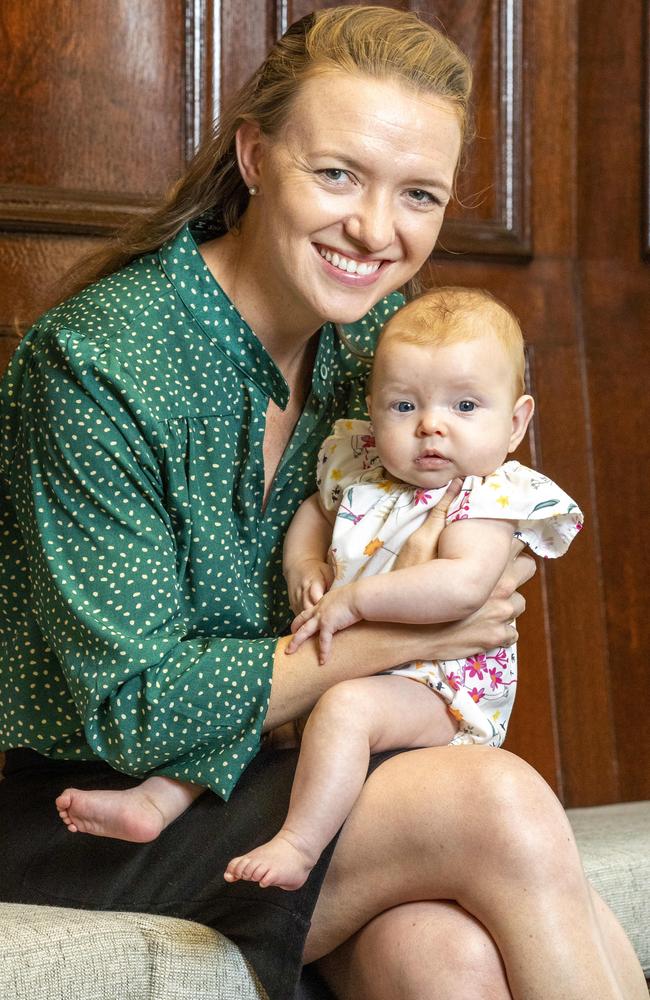
“Some are severely infected to the point where they may survive but have ongoing respiratory problems for life. It’s a big concern and hence why we are actively seeking a solution for one of the most common infections in these young kids.
“There is no current vaccine available for RSV.”
Associate Professor Griffin described the vaccine as “really promising” for not only protecting expectant mothers against developing RSV but also providing immunity to their babies.
“Obviously, this is a group that is a little bit sensitive in terms of enrolling in a clinical trial but we wouldn’t consider that if we didn’t have enough data to support its use in that group,” he said.
“With a vaccine like this, we do have a lot of data in healthy adults first to make sure it’s safe and effective.
“Then we gradually expand to this group where it’s perceived that the vaccine would have the greatest impact, not only protecting the mother but also transferring some of those antibodies to the young children who are most at risk of very severe and terrible outcomes of this virus.”
Two-thirds of the women recruited to the study will receive the vaccine, while a third will receive a placebo injection of saline.
About 800 pregnant women will take part in the research across the world, with results expected in three years.
Mum of two Melanie Mead said she “didn’t know very much about RSV” until her two-and-a-half-year-old daughter Charlotte contracted the virus at childcare and brought it home to her baby sister, Ebony.
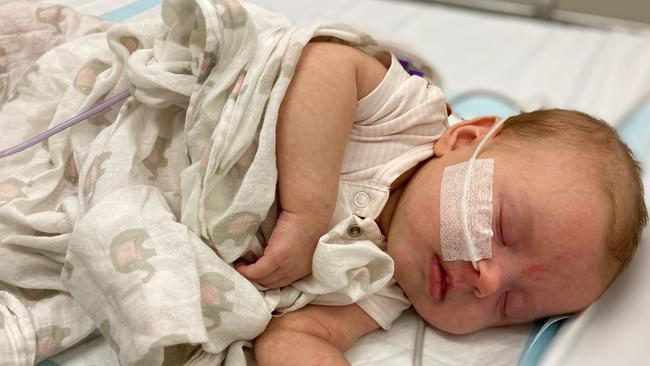
An ambulance had to be called to Ebony last month after she developed breathing problems.
“It was really scary,” Ms Mead said through tears.
Ebony, almost three months old, is doing well after spending three days in hospital.
Ms Mead described the possibility of an effective RSV vaccine “really exciting”, saying it would have given her peace of mind if one was available during her pregnancies.

